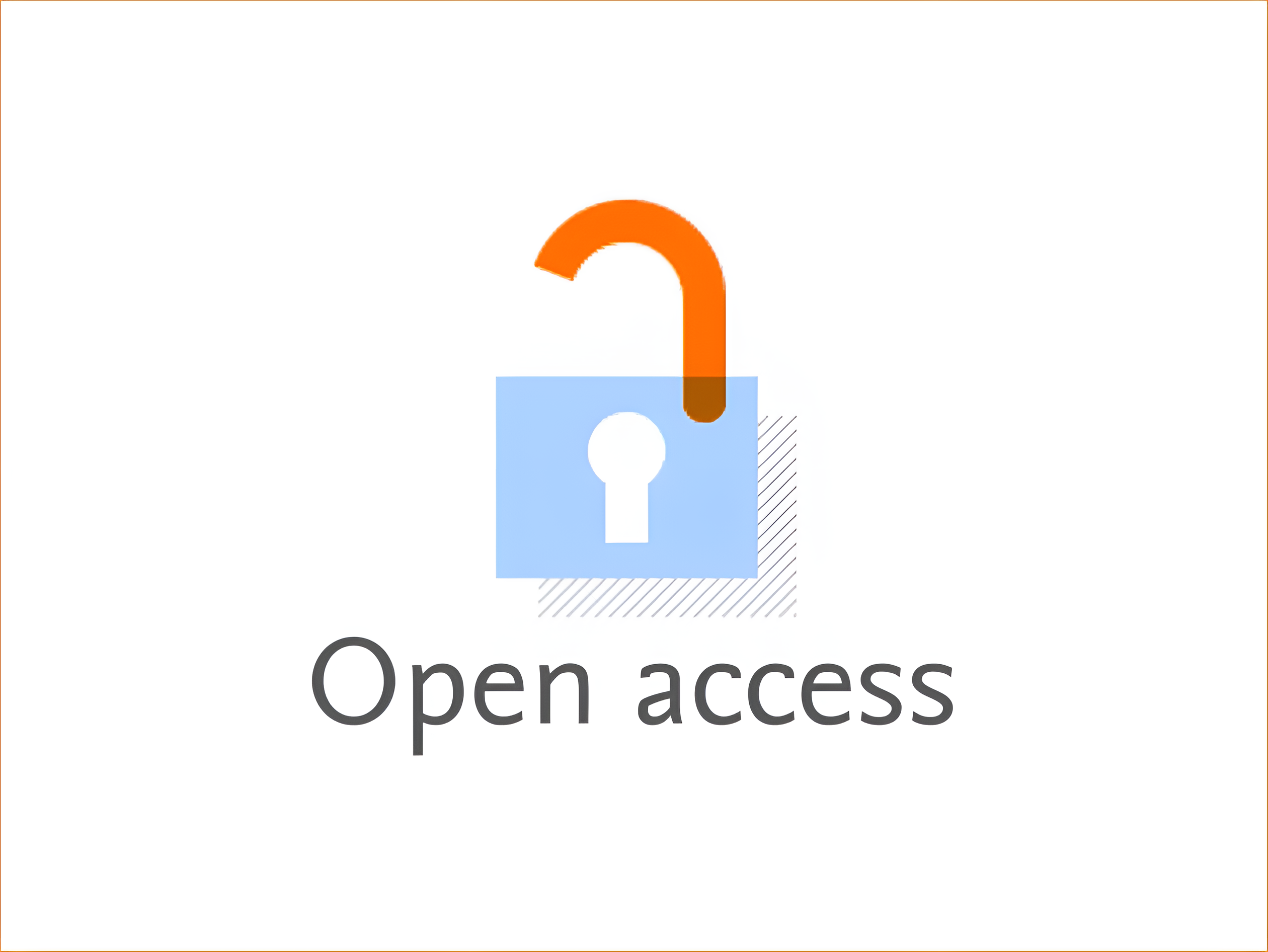AN EXAMINATION OF THE EFFICACY WITH WHICH TEACHERS AND EDUCATIONAL PROFESSIONALS DEMONSTRATE THEIR COMPETENCIES WITHIN THE CURRICULUM, INCLUDING AN ANALYSIS OF THE STRATEGIES REQUIRED AND THE SUBJECT AREAS THEY COVER.
Keywords:
Knowledge, Performance, Education, Curriculum Development, Pedagogical Tools, Supplementary TrainingsAbstract
Teacher input is very useful for school improvement and curriculum development. The ideas, learning objectives, learning experiences, pedagogical tools, and summative assessments of a program should all be appropriately reflected in its curriculum for it to be considered successful. It could provide students a general idea of what they can expect or go into more depth depending on the subject. The tool should be useful in that it allows teachers to make personalised strategies, plans, and materials for their students’ success. The main purpose of the research was to determine whether the primary school teachers in the Bay District had a good grasp of the concept of inclusive education and how it relates to the academic achievement of children with disabilities. The researchers set out to find out whether students’ results on formative and summative tests were better when their instructors were more knowledgeable about inclusive education practises. The purpose of this research was to collect data on the demographics of the average responder, as well as their understanding of inclusive education, their confidence in using assessment tools, and their views on the topic of children with special needs’ performance in the classroom. There was a robust correlation between respondents’ knowledge and their attitudes towards inclusive education, according to the study findings. So, the hypothesis is wrong. Schools that practise inclusive education should give precedence in recruiting to applicants with experience working with students who have special needs, according to the study’s findings and suggestions. Regular teachers who are tasked with instructing children with special needs should get supplementary trainings from the school administration. There has to be collaboration between the school, parents, teachers, and the town’s education committee to address the challenges of inclusive education.






